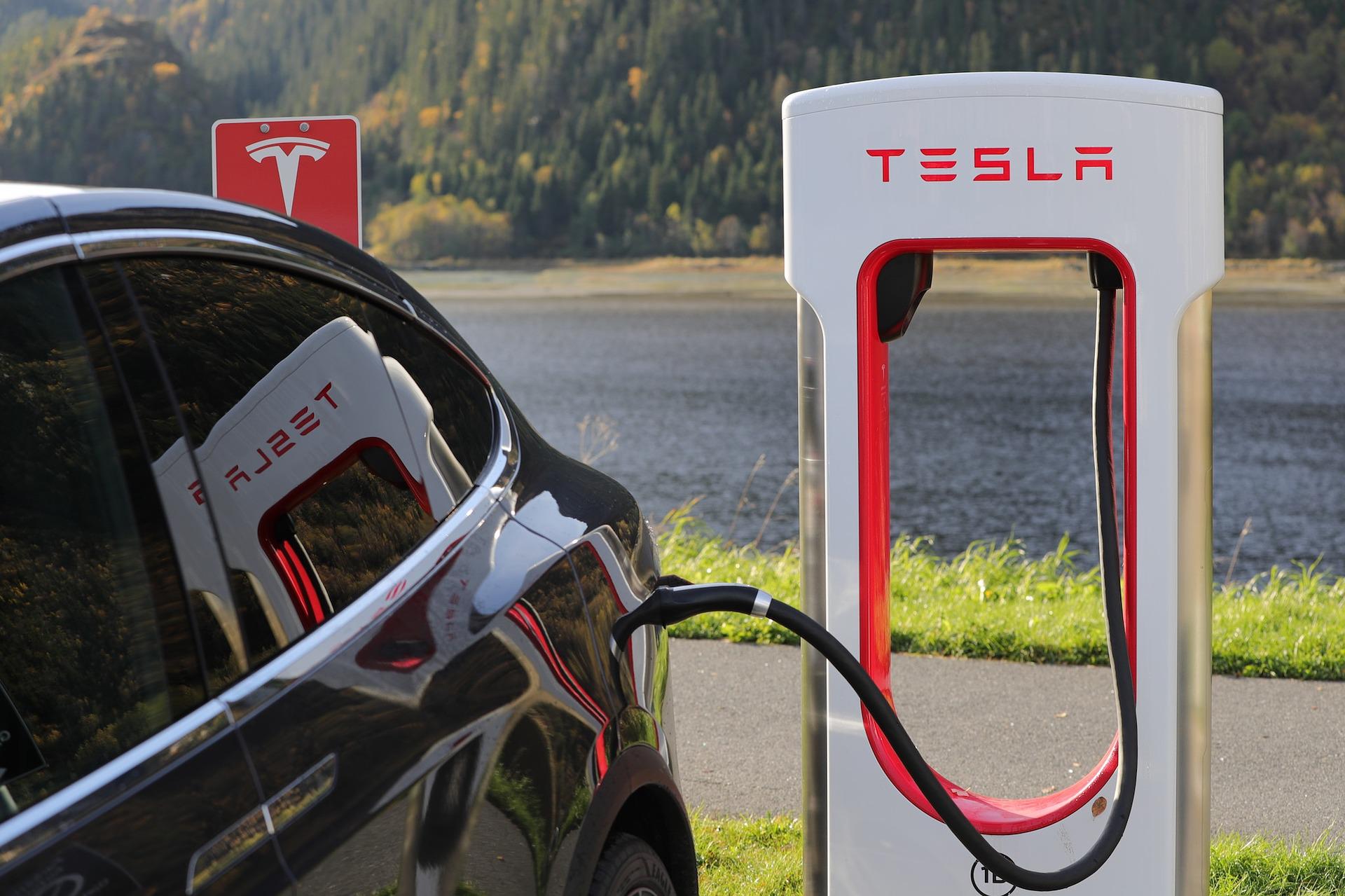While most motorists are accustomed to driving gas-powered cars, electric vehicles (EVs) are becoming increasingly popular. Powered by an electric motor and battery, EVs are recharged (“filled up”) by plugging into a charging station, either in a public location or at a private home charging station.
The first electric vehicles were known to have some definite drawbacks, but times have changed. for instance, modern electric vehicles produce instant torque, allowing them to accelerate quickly. Even entry-level cars like the Nissan Leaf can go from 0 to 60 miles per hour in as little as 6.5 seconds – not far off the capability of sports cars. If you are looking into purchasing an EV but aren’t sure about the details, check out this EV buyers guide that tells you all you need to know.

- Saving on Gasoline: Saving money on gas is one of the main reasons people consider the switch to EVS, especially with today’s inflated gas prices. The tradeoff is the need for a station to plug in and charge when on road trips or going outside your normal routine.
- Electric Cars vs. Hybrids: Electric vehicles such as the hybrid Prius offer a combination of an internal combustion engine and electric motor, a configuration that supports electric operation during acceleration and at low speeds. This allows motorists to conserve fuel, notably in stop-and-go traffic. Plug-in hybrids provide a small-capacity battery that allows for all-electric operation for short distances, combining the advantages of an EV with the flexibility of a conventional car.
- Charging an EV at Home: Charging an EV at home is fairly easy, depending on your needs. EVs can plug into regular AC outlets, but installing a Level 2 charger will provide much faster charging times. You can expect to gain 20 miles of range each hour, which is four times faster than a traditional outlet. If you have an at-home station installed, charging overnight should provide enough charge to handle a short commute or basic errand run. Getting a charging station installed at home will cost you some additional investment but can pay off significantly long term. There is also a federal tax credit to help offset the cost.
- Public Charging Stations: There are currently 2,400 charging stations in Florida and 113,400 across the United States. If you need to recharge on the road, you have the choice to pay as you go. As EVs become more mainstream, more charging stations will be built, making long-distance trips easier. New apps like Plugshare help motorists find nearby stations and plan their routes. Teslas are especially suitable for longer drives, as Tesla Superchargers can recharge up to 75 miles in five minutes. At the moment, only Tesla vehicles are compatible with these superchargers.
- How Much Does it Cost to Charge an EV? The average price of electricity is 13.23 cents per kilowatt hour. An average EV is estimated to use 25 kWh for every 100 miles, costing motorists $3.30 on average for that distance.
- How Long to Charge an EV? The equipment being utilized is the most significant factor in determining how long you’ll need to charge your vehicle. Level 1 charging uses a standard AC outlet, charging approximately 60 miles over the course of 12 hours. A Level 2 charger requires specialized equipment, providing as much as 250 miles after 12 hours. DC fast chargers can increase from 20 percent to 80 percent charge in less than an hour.
Those considering the purchase of an EV may be pleasantly surprised at the number of options available to them. Models such as the Mustang and the Hummer are producing EV offerings and are helping to defy stereotypes and create a huge shift in the industry. Check out our EV Buyers Guide, Part 2, coming next week, for more information.
Promise Electric is a Tesla-authorized electrician based in Sarasota, Florida. Call today for a quote on your own home charging station.


